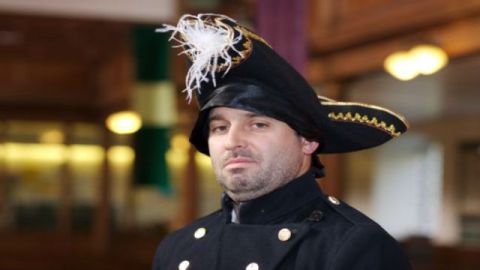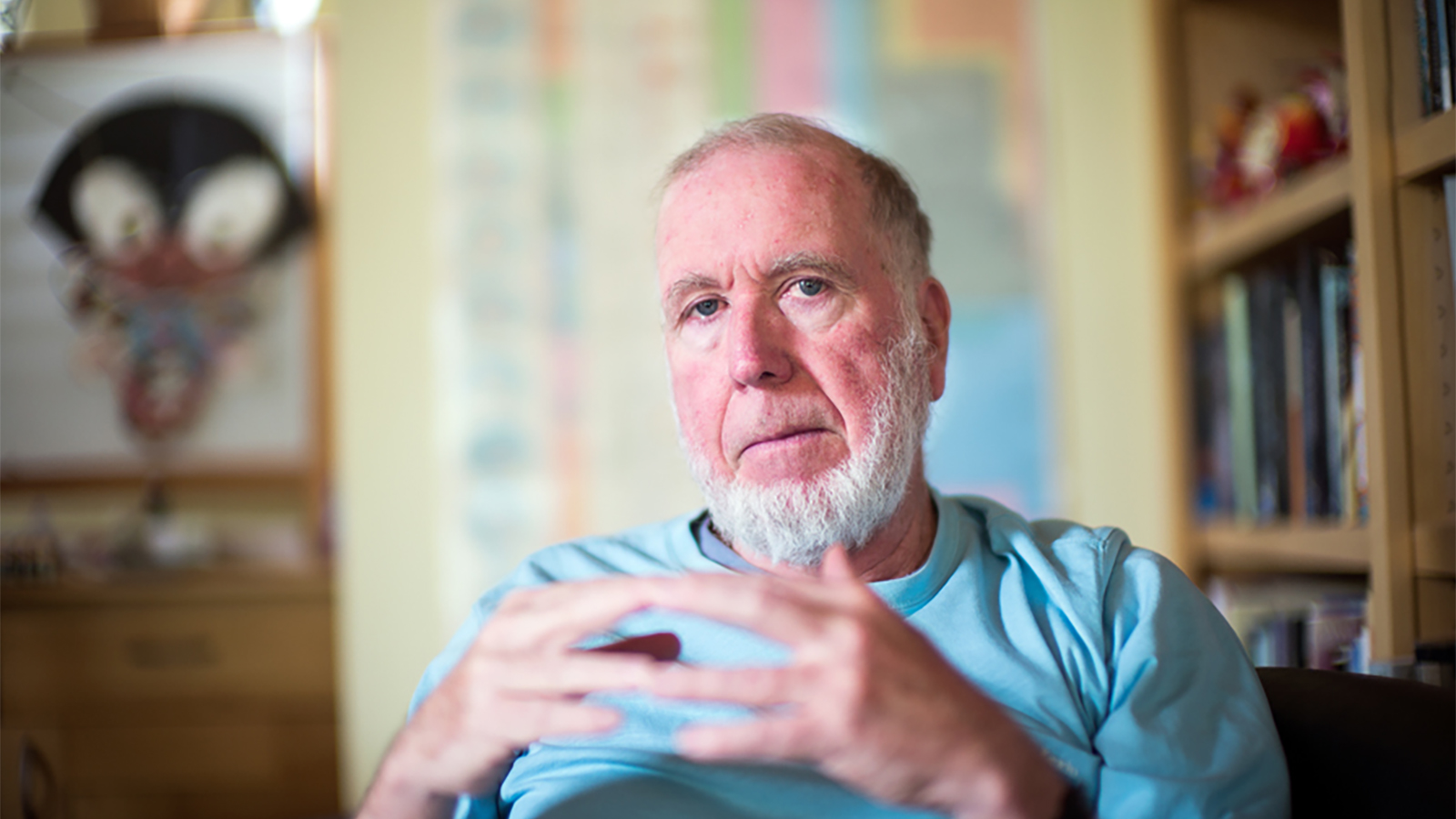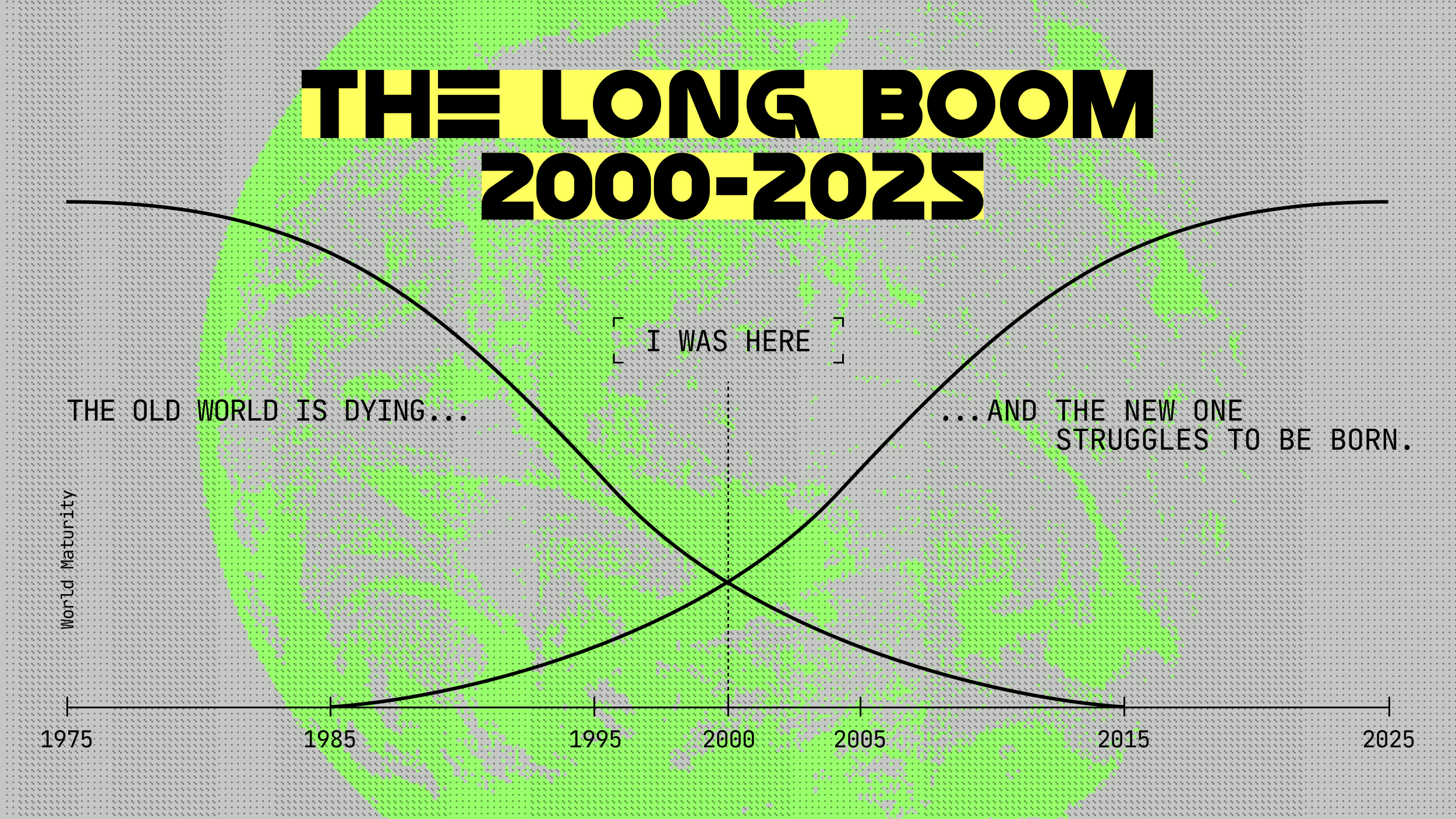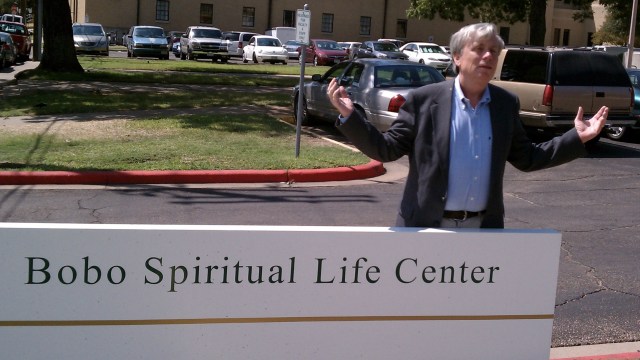Leadership Lessons for an Uncertain World
Harvard Business School believes that people in business need to learn to follow passion, not just opportunity, and to understand power’s potential to corrupt.

Sign up for Big Think on Substack
The most surprising and impactful new stories delivered to your inbox every week, for free.
What’s the Big Idea?
America is in the midst of a major transition. Having enjoyed unchallenged economic leadership since the end of World War Two, we are now faced with a global marketplace in which economic power is more diffuse and interconnected than ever before. With the forces of globalization standing on our doorstep, working class Americans in the manufacturing and service industries have been forced to greet new challenges head on. Many white collar professionals, however, are still hiding in the basement. Traditionally safe career paths, such as medicine, law and academia, are arguably more insecure than ever, yet Americans continue to flock to them by the millions.
Rather than running for cover, educated young Americans should be looking at the current upheaval as a chance to pursue their dreams, says Nitin Nohria, Dean of the Harvard Business School. Since it is getting harder and harder to take the “safe” route, young Americans should instead look for new ideas that excite and inspire them. When doing so, the key is to find a balance between following your passions and sniffing out new opportunities. He says:
I don’t think people should ever go to a place about which they don’t have a passion. They should not just chase opportunity. They should chase opportunity where they have a passion. And for me, one of the most exciting things about this new global century is that it creates many, many more possibilities for people to find places where they have an opportunity and a passion.
Although he refers to the current economic climate as an “entrepreneurial moment,” Nohria points out that not all future business leaders need to become entrepreneurs. Rather, there are three types of executives that are required in the new economy: entrepreneurs, managers, and leaders.
“Entrepreneurs” are necessary to create new possibilities, new industries, and new products that didn’t exist before. Once they have gotten the ball rolling, however, “managers” should step in to introduce protocols, efficiency, and to disseminate the product throughout the global market. Nohria’s third category of executive is the “leader.” Leaders come into play when an old idea has run its course. Their job is to step in and re-orient existing organizations to make new commitments and pursue new opportunities.
What’s the Significance?
“Entrepreneurs” are necessary to create new possibilities, new industries, and new products that didn’t exist before. Once they have gotten the ball rolling, however, “managers” should step in to introduce protocols, efficiency, and to disseminate the product throughout the global market. Nohria’s third category of executive is the “leader.” Leaders come into play when an old idea has run its course. Their job is to step in and re-orient existing organizations to make new commitments and pursue new opportunities.
What’s the Significance?
Harvard Business School offers training for each of the three types of executives that Nohria has defined. He admits, however, that leadership cannot really be taught; it has to be learned. Instead asking its students to adopt a top-down template of leadership, the school equips them with the tools that they need to gain knowledge through experience. Nohria says:
What I think we can do at Harvard Business School and in any other education institution is not to develop leaders by the time they graduate. What we do is we give you a set of ways in which you can accelerate how you can learn and develop your leadership over time. What I promise people is that if you come to Harvard Business School and you had some slope over which experience would have taught you how to improve as a leader, the slope of what you will learn from experience as a result of coming here will be much, much greater because we will give you frameworks, we will give you ways of sensing, we will give you ways of acting, and we’ll allow you to connect with other people.
Still, there are a few universal lessons that Nohria hopes that his students will take to heart regardless of the career path they choose. First, he thinks that Harvard Business School graduates should all leave with a sense of the limits of their own power. Instead of re-shaping their company or division in their own image, Nohria says that leaders should focus on creating an environment in which others can make productive decisions for them. “The real gift of a leader is when you can enable others to make decisions on behalf of the institution where you feel they make better decisions than you could make yourself,” he says. “One should think of [leadership] more as an opportunity for influence rather an opportunity for power.”
Nohria also tries to give Harvard Business School graduates a sense of power’s ability to corrupt. He often quotes Abraham Lincoln, who once said that the true measure of a person’s character is not how they respond to adversity, but rather how they respond to power. (All too often, Lincoln thought, people’s response to power is disappointing). Expanding on Lincoln’s point, Nohria believes that it is very difficult to predict during the hiring process whether a leader will behave ethically. Until a person has truly been exposed to the temptations of power, it is impossible to know how he or she will react.
Nohria also tries to give Harvard Business School graduates a sense of power’s ability to corrupt. He often quotes Abraham Lincoln, who once said that the true measure of a person’s character is not how they respond to adversity, but rather how they respond to power. (All too often, Lincoln thought, people’s response to power is disappointing). Expanding on Lincoln’s point, Nohria believes that it is very difficult to predict during the hiring process whether a leader will behave ethically. Until a person has truly been exposed to the temptations of power, it is impossible to know how he or she will react.
In order to anticipate these situations, Harvard Business School’s curriculum includes case studies in which powerful individuals have been corrupted by the perverse incentives that leaders often encounter. “We have to think very hard about how we put people in situations where they are led astray rather than just thinking that the defense lies in constantly just choosing people who have the right character,” he says.
Finally, Nohria hopes that his graduates have learned to manage the expectations that others have of them. Employees often expect their bosses to behave according to their backgrounds; executives that have a marketing background are expected to behave like marketers, executives that come from a financial background are expected to behave like financiers, etc. Part of a leader’s job is to convince his or her employees that he or she is able to view the company holistically. “[Effective leadership] takes building a relationship where people come to trust that you in fact have the interests of the organization as a whole,” he says. “Then they look beyond your previous identity and begin to see you in your new role.”
Finally, Nohria hopes that his graduates have learned to manage the expectations that others have of them. Employees often expect their bosses to behave according to their backgrounds; executives that have a marketing background are expected to behave like marketers, executives that come from a financial background are expected to behave like financiers, etc. Part of a leader’s job is to convince his or her employees that he or she is able to view the company holistically. “[Effective leadership] takes building a relationship where people come to trust that you in fact have the interests of the organization as a whole,” he says. “Then they look beyond your previous identity and begin to see you in your new role.”
Sign up for Big Think on Substack
The most surprising and impactful new stories delivered to your inbox every week, for free.





